By Chris Benner (UC Santa Cruz) and Sarah Mason (UC Santa Cruz), with Françoise Carré (Univ. of Massachusetts Boston) and Chris Tilly (UCLA)
December 9, 2020
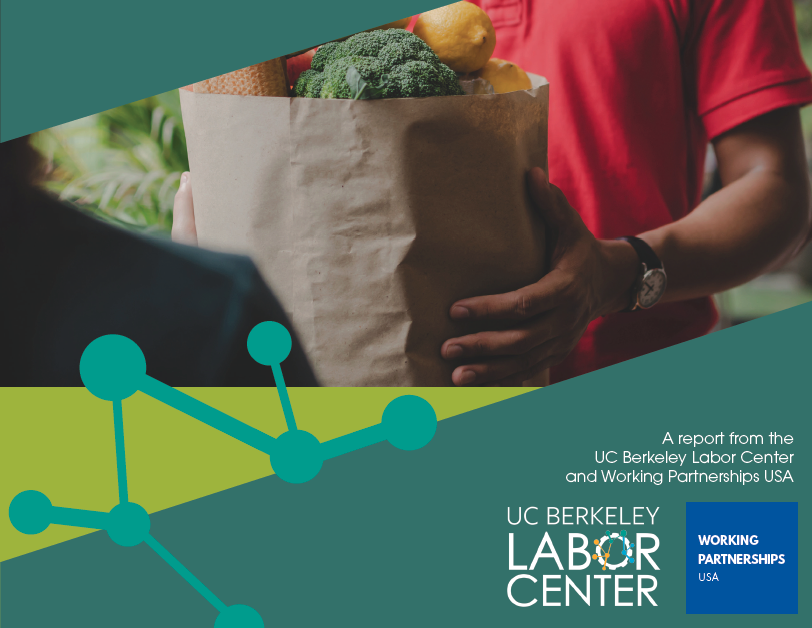
Since the start of the coronavirus pandemic, millions of Americans have ordered groceries online for the first time. By some estimates, as many as 45% of all households—55.5 million—ordered groceries online for delivery or pickup during August. Major grocery chains have seen their total
revenue from online orders double or even triple from last year. Some surveys show as much as 25% of U.S. grocery sales were ordered digitally during the widespread lock-down period in May, and still nearly 12% in August. Many customers, understandably nervous about the health
implications of leaving their homes and sharing narrow grocery aisles with other shoppers, are exploring new ways of getting food to their homes. This not only has led to the surge in online grocery ordering, but also provided a stimulus to the struggling meal kit industry and expanded
home delivery of prepared foods. For elderly customers and those with vulnerable health conditions, the expansion of these new food ordering and delivery channels literally is a lifeline in the context of the pandemic.
The growth of e-commerce sales for food has increased the number of jobs available at a time when unemployment across the U.S. economy has skyrocketed. Grocery workers now are seen as essential workers, even heroes. At times they even have received extra hazard pay. And yet media reports also are full of stories of ongoing low wages and poor working conditions, severe health risks, and employer retaliation against workers who speak out. These challenges are even greater for grocery and delivery workers hired as independent contractors, who have no legal employment protections, unstable earnings and hours, low levels of access to health insurance, challenges obtaining personal protective equipment, and legal and administrative barriers to accessing unemployment insurance should they not be able to work.
What are the broader implications of the recent surge in grocery e-commerce work? Will these jobs continue to expand beyond the pandemic and, if so, by how much? What kinds of wages and working conditions exist in different segments of the industry? What changes should people in more traditional grocery store jobs anticipate? As grocery e-commerce continues to grow, what options exist to improve working conditions for the workers affected by this trend?
A report from the UC Berkeley Labor Center and Working Partnerships USA: laborcenter.berkeley.edu/delivering-insecurity
Media
Press Release (UC Berkeley Labor Center)
Surge in online grocery shopping brings a quantity-over-quality jobs shift (UCSC NewsCenter)
Researchers fear gig work will spread to grocery industry as demand for delivery surges (MarketWatch)



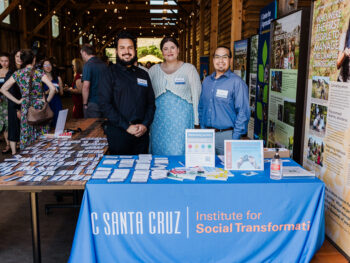
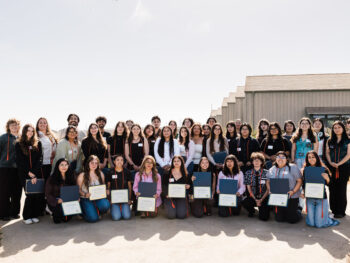

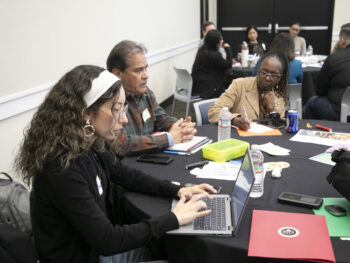
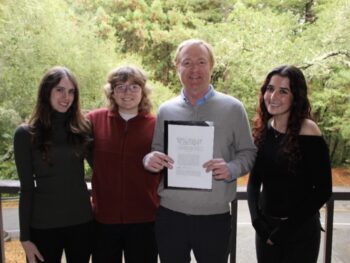
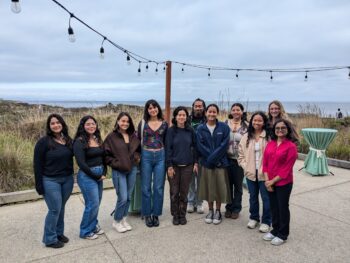
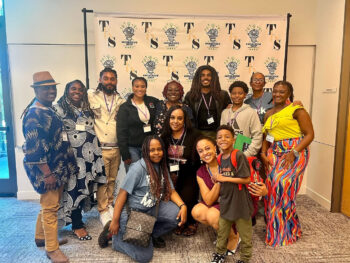
 Q&A with Jennifer Baszile
Q&A with Jennifer Baszile
